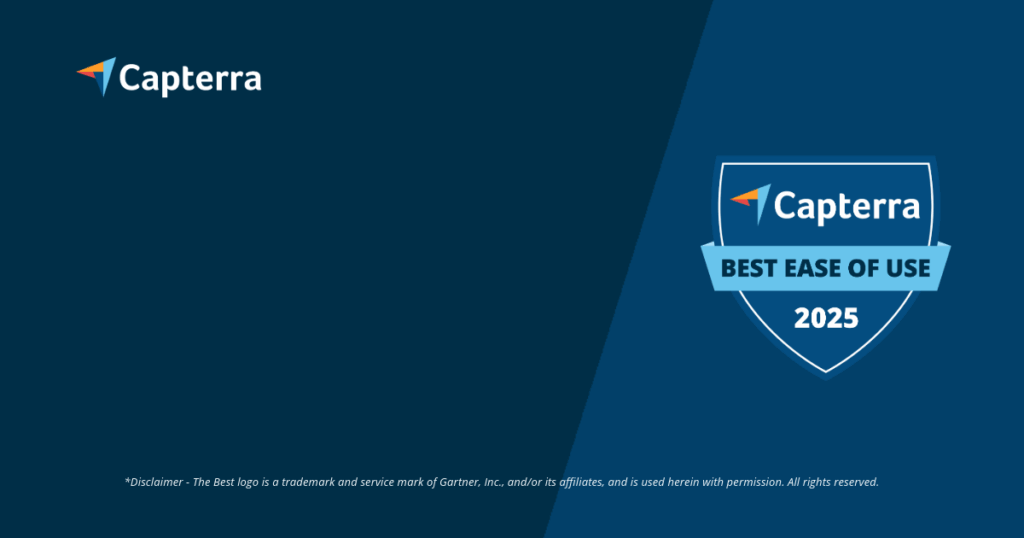Market Analysis: Austria’s Construction Industry in Recession
The Austrian construction industry has been in recession since 2021, which is expected to worsen in 2024. After a decline in real value creation of 1.5% in 2023, a further drop of 3.5% is anticipated for 2024. This development is significantly worse than that of the overall economy. The causes are manifold: high construction costs, which have risen by 23% since 2020, and sharply increased financing costs are putting pressure on the industry.
Particularly affected is residential construction, where the number of approved apartments fell by 25% in the first three quarters of 2023. Forecasts suggest that annual housing completions will decrease by about 25% by 2026 compared to 2022, further increasing pressure on the housing market. This crisis forces every construction company in Austria to radically increase its efficiency to remain competitive. Optimizing internal processes is no longer a luxury but a necessity. How better Project management for construction companies can be achieved is crucial. This tense market situation leads directly to the next major hurdle for the industry.
Double burden: Skilled labor shortage meets digitalization backlog
Alongside the weak economy, companies are struggling with a structural problem: the skilled labor shortage. A PwC survey shows that 91% of companies see the lack of qualified personnel as the biggest obstacle to adopting digital solutions. This creates a vicious cycle: there is not enough personnel to implement digital tools that could, in turn, alleviate the labor shortage through efficiency gains. The construction industry is one of the least digitized sectors in Europe.
Many small and medium-sized enterprises (SMEs) are overwhelmed by the variety of available software and fear high investment costs and lengthy training requirements. As a result, about 60% of companies assess the application of digital solutions in their operations as improvable, especially concerning operational processes on the construction site. The solution cannot therefore lie in even more complex software, but in tools that function without training. Die Trends in the construction industry clearly point towards simple, integrated solutions. But what can such a simple solution look like that is immediately accepted by all employees?
Communication chaos as efficiency killer No. 1
Do you know this? Information on defects, construction progress, or material requirements is shared unstructured through numerous WhatsApp groups. Photos, voice messages, and instructions get lost in the chat history. This type of communication is not only inefficient but also legally hazardous. In case of a dispute, clean, evidential documentation is lacking. Manually transferring this information into daily construction reports or other systems costs project managers up to two hours of valuable work time each day.
Valoon solves exactly this problem by connecting to the familiar processes. Instead of introducing a new app, your employees on the construction site continue to use WhatsApp as usual. Valoon operates in the background and automatically converts all relevant messages, images, and documents into a structured and legally compliant construction documentation. Thus, chaos turns into an organized, traceable project history. The future of the construction industry lies in the smart use of existing technologies. This simple adjustment of internal processes unlocks enormous potential.
From WhatsApp to legally secure daily construction reports in 60 seconds
The shift to efficient and legally compliant documentation doesn’t have to be complicated. With Valoon, you eliminate the manual effort for daily construction reports and defect management. The process is intentionally kept simple to maximize acceptance on the construction site and reduce administrative efforts in the office by up to 80%.
This is how the transition works in practice:
- Use existing WhatsApp group: Simply add our Valoon bot to your existing project group on WhatsApp. No new app or software installation is required for the employees on the construction site.
- Send information as usual: Your team sends photos of defects, information about construction progress, or voice messages about material deliveries as usual to the group.
- Automatic processing: Valoon analyzes all messages, images, and documents and automatically assigns them to the right project, the respective date, and the creator.
- Structured overview in the office: In the Valoon web portal, you see all information in a clear timeline. With just one click, you can filter by defects, tasks, or specific time periods.
- Create legally compliant reports: With just a few clicks, create complete and GDPR-compliant daily construction reports, defect notices, or photo documentation.
This simple process bridges the gap between the construction site and the office without any training effort. Learn more about how to select the right construction software for your company Choosing. The next step is to use this data for proactive management.
More than just documentation: saving time and minimizing risks
Clean documentation is the foundation, but the real advantage lies in the time gained and risk minimization. A PwC study showed that four out of five companies expect improved collaboration and communication from digitalization. This is exactly achieved through the centralization of all project-relevant information. Misunderstandings are reduced, and decisions are based on a solid data foundation.
The concrete benefits for your construction company in Austria include:
- Enormous time savings: Reduce the administrative effort for report creation by up to 80%.
- Comprehensive legal certainty: All communication transactions are stored unchangeably and with timestamps, providing you with evidence-based documentation in case of disputes.
- Simple defect management: Capture defects via photo and dictated note and track their resolution in a central system.
- Overcoming language barriers: The integrated live translation for over 30 languages ensures that everyone on the team, regardless of their background, receives the same information.
- No acceptance issues: Since employees on the construction site continue to use WhatsApp, all training efforts are eliminated, and the solution is 100% adopted.
These advantages are crucial to not just survive in a challenging market environment but to set the course for the future of the construction industry future. Investing in such tools is a direct investment in your company’s profitability.
Conclusion: With simplicity against the construction crisis
The Austrian construction industry faces major challenges: a stubborn recession, high costs, and a shortage of skilled workers. In this situation, construction companies can no longer afford to waste valuable time through inefficient communication and manual documentation processes. Complex software solutions often fail due to low employee acceptance and high costs.
The key to success lies in simplicity. Valoon offers a proven solution that starts where the work happens: on the construction site and in WhatsApp. By automatically converting chats into a legally compliant construction documentation you not only save up to two hours per project manager each day but also minimize your liability risks. You increase your efficiency and ensure a complete traceability, without burdening your teams. Take the decisive step now and prepare your company for the future.
Are you ready to end communication chaos and manage your projects more efficiently and legally securely? Book your free and non-binding demo now and discover in 15 minutes how Valoon can significantly advance your construction company in Austria.
More Links
Main Association of the German Construction Industry provides comprehensive information about the German construction industry.
Fraunhofer Institute for Building Physics (IBP) offers information on digitalization in the construction industry.
FAQ
How does automatic construction documentation work with Valoon?
You add the Valoon bot to your existing WhatsApp project group. All messages, photos, and voice notes are automatically captured by Valoon in the background, assigned to the project, and stored in a web-based, filterable timeline in a legally compliant and GDPR-compliant manner. You can create reports with one click from this.
Do my employees on the construction site need to install a new app?
No. That is the crucial advantage of Valoon. Your employees on the construction site continue to communicate as usual via WhatsApp. There is no installation, no training, and no adjustment required, ensuring 100% acceptance.
Is the documentation via WhatsApp legally secure?
Yes. Valoon ensures that all information sent via WhatsApp (including sender, timestamp, and content) is stored unchangeably. The reports and protocols created are comprehensive, traceable, and meet the requirements for legally compliant documentation in case of disputes as well as the GDPR regulations.
For which types of construction companies in Austria is Valoon suitable?
Valoon is designed for all types and sizes of construction companies in Austria, from small craft businesses to large general contractors in civil and structural engineering. The solution is particularly valuable for companies looking to improve their efficiency in project management and documentation while simplifying communication between the office and the construction site.
How does Valoon help with language barriers on the construction site?
Valoon features an integrated live translation function for over 30 languages. A voice or text message sent in a foreign language can be transcribed and translated directly into German (or another target language) for the recipient in the office. This improves communication and avoids misunderstandings in international teams.
What does Valoon cost for the employees on the construction site?
For the employees on the construction site, using Valoon via WhatsApp is completely free. Our pricing model is designed so that costs are incurred only for users in the office who access the web portal to manage data and create reports. This significantly lowers the entry barrier.








